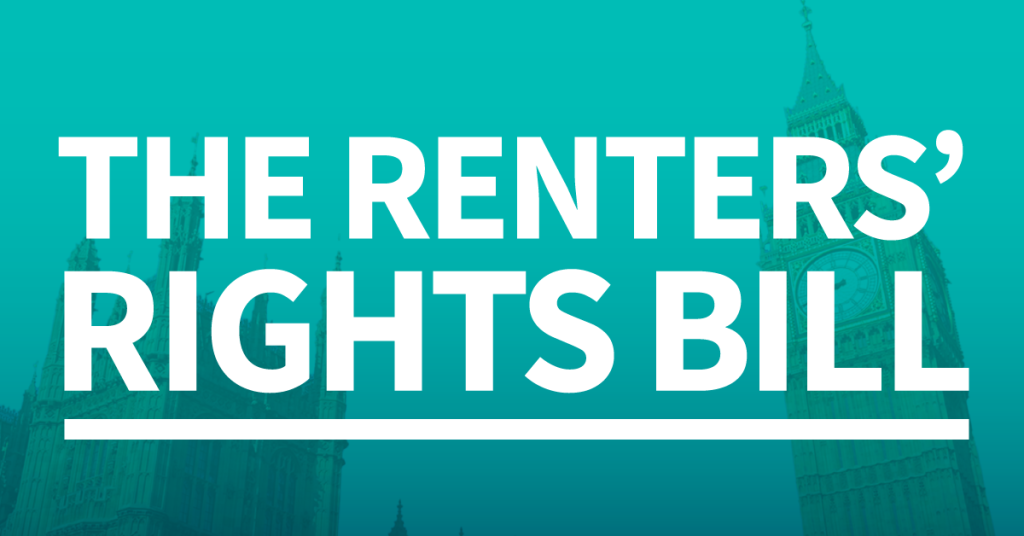The Rent Reform Bill: What It Means for Landlords and Tenants – Speak to Our Lettings Team at Waterfords Estate Agents
The world of renting has seen significant shifts in recent years, and now with the Rent Reform Bill on the horizon, both tenants and landlords are facing even more change. As the UK government continues to implement new policies to ensure fairness and affordability in the private rental sector, understanding how these changes will impact you is essential. Here at Waterfords Estate Agents, we’re committed to keeping you informed about the latest developments and offering expert advice to navigate these changes.
What is the Rent Reform Bill?
The Rent Reform Bill is a piece of legislation aimed at overhauling the rental system in England. It proposes a range of reforms designed to increase security for tenants while providing clarity and fairness for landlords. Among the key changes are measures that will limit rent increases, enhance tenant protections, and make the process of eviction more structured. While these changes will ensure a more stable renting experience for tenants, they also introduce new responsibilities and considerations for landlords.
Key elements of the Rent Reform Bill include:
- End of Section 21 Evictions: This change removes the “no fault” eviction system, which has historically allowed landlords to evict tenants without needing to provide a reason. Instead, landlords will only be able to evict tenants under specific circumstances, such as rent arrears or property damage.
- Rent Control and Rent Increase Limits: The bill introduces more stringent controls around rent increases, making it harder for landlords to raise rents dramatically within short periods.
- New Tenancy Agreements: A move toward longer-term tenancy agreements will be encouraged, offering tenants more security and continuity in their living arrangements.
- Improved Standards and Repairs: Landlords will face higher obligations around maintaining properties in a habitable condition, with more rigorous requirements around ensuring the property meets safety standards and is free from health hazards.
- Introduction of a Renters’ Reform Advisory Service: The bill proposes creating a dedicated service to help tenants and landlords navigate these changes, offering support and guidance to both sides.
How Will This Impact You?
Whether you are a landlord or a tenant, it’s crucial to understand how the Rent Reform Bill could impact your day-to-day life. For landlords, staying up to date with legal requirements and best practices will be critical to ensuring compliance and avoiding costly mistakes. For tenants, the changes bring both challenges and benefits, particularly around the security of tenure and rent stability.
At Waterfords Estate Agents, our lettings team is here to guide you through the changes and ensure you remain informed and prepared for any adjustments. Whether you’re a first-time landlord, a seasoned investor, or a tenant seeking clarity, we offer professional advice tailored to your needs.
Speak to Our Lettings Team
If you’re uncertain about how the Rent Reform Bill might affect your property or tenancy, now is the time to reach out to our expert lettings team at Waterfords Estate Agents. Our team has a wealth of experience in the rental market and can provide you with clear, actionable advice on how to navigate these changes.
Whether you’re looking to manage your rental properties in line with the new regulations or want to know how the reforms might affect your rights as a tenant, we’re here to help. Book a consultation with our lettings team today to ensure you’re ahead of the curve!
5 Common Questions about the Rent Reform Bill:
- What does the end of Section 21 evictions mean for me as a landlord? The end of Section 21 evictions means you can no longer evict tenants without providing a reason. You will need to rely on valid grounds for eviction, such as rent arrears or property damage.
- Can landlords still increase rent under the Rent Reform Bill? Yes, landlords can still increase rent, but there will be limits on how often and by how much rent can be raised. Rent increases will need to be reasonable and cannot be excessive within a short period.
- What are the new rules for tenancy agreements? The bill encourages longer-term tenancy agreements, offering tenants more stability. This might mean longer leases or more flexible terms for both parties, creating a more secure rental market.
- Will landlords be responsible for more repairs under the Rent Reform Bill? Yes, the Rent Reform Bill includes stricter regulations around property maintenance. Landlords will need to ensure that their properties meet specific standards and provide timely repairs when necessary.
- How can I stay up to date with changes in rental laws? Staying informed is key! At Waterfords Estate Agents, we provide regular updates and professional advice to ensure both landlords and tenants are fully aware of their rights and responsibilities. Reach out to our lettings team for more tailored support.






